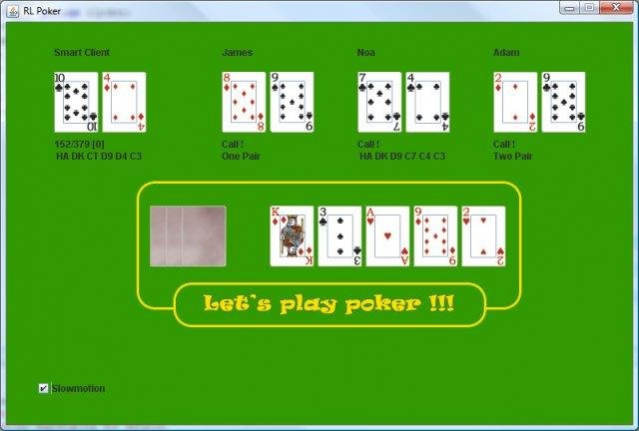Advanced Training Methodologies and Neural Network Architectures
The development of effective poker AI requires sophisticated neural network architectures specifically designed to handle the complexities of imperfect information games. Convolutional neural networks process card combinations and betting patterns, while recurrent neural networks maintain memory of previous actions and opponent behaviors throughout extended gameplay sessions.
Training methodologies incorporate advanced techniques such as experience replay, where the AI learns from stored gameplay experiences, and curriculum learning, where the difficulty of opponents gradually increases during training. These approaches ensure robust learning and prevent overfitting to specific playing styles or game variants.
The integration of transformer architectures has revolutionized how poker AI systems process sequential information and make strategic decisions. These models excel at understanding long-term dependencies in gameplay patterns and can adapt their strategies based on evolving game dynamics and opponent tendencies.




